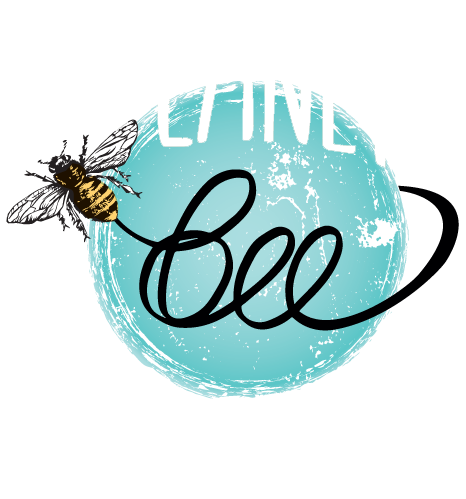CODING FOR CONSERVATION
.jpg)

One-third of U.S workers lack digital skills.

By middle school, boys are more than twice as likely as girls to intend to work in science or engineering.

31%
High school females taking foundational computer science.

In college, men are five times more likely than women to major in engineering and computer science.

% of no or limited digital skills in ages 16-24
Digital Skills & Environmental Stewardship For Future Green Leaders
Program Description
Coding for Conservation is an innovative learning opportunity that fosters STEM literacy, environmental stewardship, and conservation leadership in a curriculum where students build Smart Native Bee Homes using sensor technology. Through this program, students:
-
Learn computer programming and how to code sensors.
-
Collect and analyze data for environmental research.
-
Contribute to open-source data addressing environmental challenges.
This curriculum fosters scientific inquiry and equips students with essential digital skills for the future workforce.
ADDRESSING THE DIGITAL LITERACY GAP
Digital literacy is essential for the future workforce, yet 16% of U.S. adults lack it, with higher rates among Black (22%) and Hispanic (35%) populations. One-third of workers lack digital skills, and the U.S. will be short 400,000 computer science graduates by the end of 2024. Girls, especially Black (4%) and Latina (6%) girls, are underrepresented in computer science.
Digital skills are vital in fields like conservation science, where tools such as data analysis and GIS are key for ecosystem monitoring and protection. Bridging the digital literacy gap will create a more inclusive, skilled workforce to tackle future environmental challenges.
PILOT REGIONS OF IMPACT
Woodinville, Washington—part of the Seattle metro area—is an ideal site for the Coding for Conservation pilot, combining strong community values, an active pollinator conservation movement, and proximity to the state’s tech economy. By connecting digital literacy with local conservation efforts, the program is well positioned to address the region’s digital skills gap while expanding access to interdisciplinary STEM pathways for students across the Seattle area.
IDENTIFIED PILOT DISTRICT
Northshore School District (Bothell, WA)
Additional districts can be considered in collaboration with Rotarians.
PILOT Program PHASES

.jpg)
The pilot will consist of a two-phase rollout of the curriculum, allowing for testing and refinement to ensure its effectiveness before large scale implementation.
Phase 1
Completed pilot curriculum for grades 3-12. In-person lessons in Northshore School District schools.
Anticipated Impact:
500 students and community members overall for this pilot year.
Phase 2
Curriculum will be offered at no cost to schools nationwide through the Planet Bee Foundation website. Through additional grant support, Planet Bee will offer Native Bee House coding kits and professional development to support in-school implementation.
Anticipated Impact:
15,000-20,000 students for the first year and will grow thereafter.
Current request for phase I: $70,000 USD
HOW CAN ROTARIANS HELP?
_JPG.jpg)
Rotarians can support Coding for Conservation by using their skills, resources, and community service commitment in the following ways:
-
Fundraising & Sponsorships: Raise funds or secure sponsorships for the pilot program and resources such as laptops.
-
Event Sponsorships: Sponsor community science events combining Smart Native Bee Home technology and environmental conservation.
-
Mentorship: Mentor students and assist teachers in conducting coding workshops.
-
Partnerships: Build partnerships with schools, libraries, and tech organizations to expand outreach.
-
Community Engagement: Lead events showcasing student coding projects and conservation results.
JOIN US IN EMPOWERING THE NEXT GENERATION TO USE CODING FOR ENVIRONMENTAL STEWARDSHIP AND INNOVATIVE PROBLEM-SOLVING!
KEY PROJECT PARTNERS







